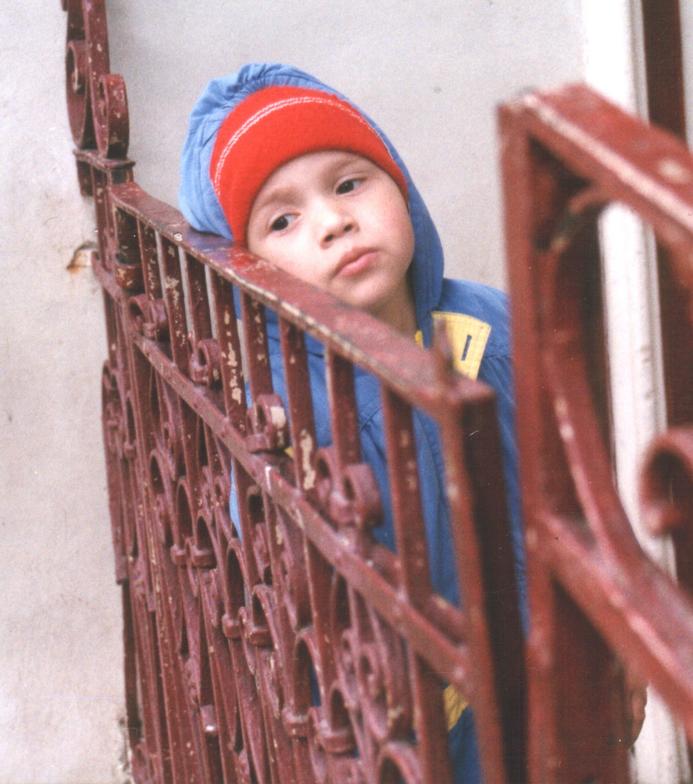The Bucharest Early Intervention Project
About the Bucharest Early Intervention Project
The Bucharest Early Intervention Project (BEIP) was a randomized controlled trial of foster care as an intervention for children abandoned at or around the time of birth and placed in one of six institutions for young children in Bucharest, Romania (Zeanah, et al., 2003).
The BEIP began in 2000 with a comprehensive baseline assessment of 136 children and their caregiving environments. Following this assessment, half the children were randomly assigned to high-quality foster care (designed specifically for this study) and the other half to remain in institutional care. The average age at entry into foster care was 22 months (range=6-31 months). All children were seen for follow-up assessments at 30, 42 and 54 months, 8 years, and 12 years*, and the development of children in foster care was compared to the development of children randomized to remain in institutional care and to a group of never institutionalized children (community controls).
Findings through the assessment at 12 years of age suggest that early institutionalization leads to profound deficits in many domains examined to date, including cognitive (i.e., IQ) and socio-emotional behaviors (i.e., attachment), brain activity and structure, alterations in reward sensitivity and processing, and a greatly elevated incidence of psychiatric disorders and impairment.
Our foster care intervention was broadly effective in enhancing children’s development, and for specific domains, including brain activity (EEG), attachment, language, and cognition, there appear to be sensitive periods regulating their recovery. That is, the earlier a child was placed in foster care, the better their recovery. Although the sensitive periods for recovery vary by domain, our results suggest that placement before the age of 2 years is key.
Finally, there are a few areas, such as executive functioning (i.e., memory and cognitive monitoring), in which placement into foster care does not significantly impact development/performance.
We are currently conducting an assessment of the BEIP sample at age 16 years** and will continue to examine these data to determine whether our intervention has more lasting effects, to explore additional sensitive periods in recovery and to identify mechanisms associated with such recovery in cognitive, social, and psychological development.
* Funding provided by the John D. and Catherine T. MacArthur Foundation, the Binder Family Foundation, the Sinneave Family Foundation and the National Institute of Mental Health of the National Institutes of Health (award number R01MH091363).
** Funding provided by the National Institute of Mental Health of the National Institutes of Health (award number R01MH091363), the Jacobs Foundation and the Palix Foundation.
Click on the button below to
contact us for more information.
Photo courtesy of Michael Carroll



